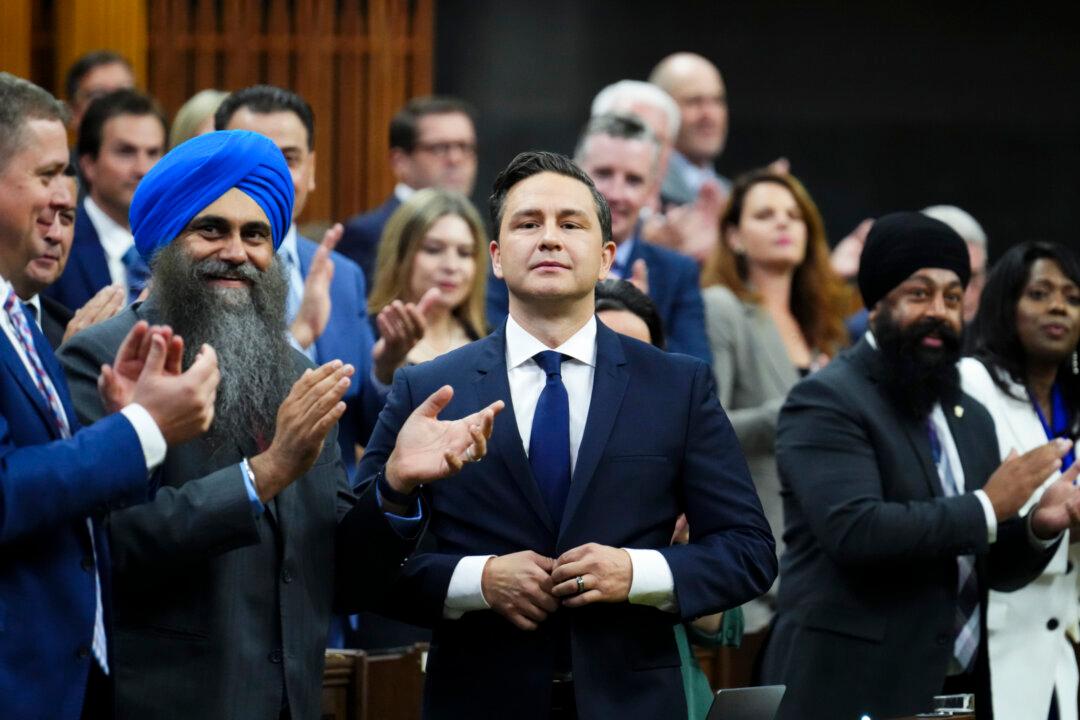Opposition parties went on the offensive in Question Period on Sept. 19 over the latest inflation numbers.
The monthly consumer price index showed inflation jumping by 4 percent in August, a rise from the 3.3 percent recorded in July.

Opposition parties went on the offensive in Question Period on Sept. 19 over the latest inflation numbers.